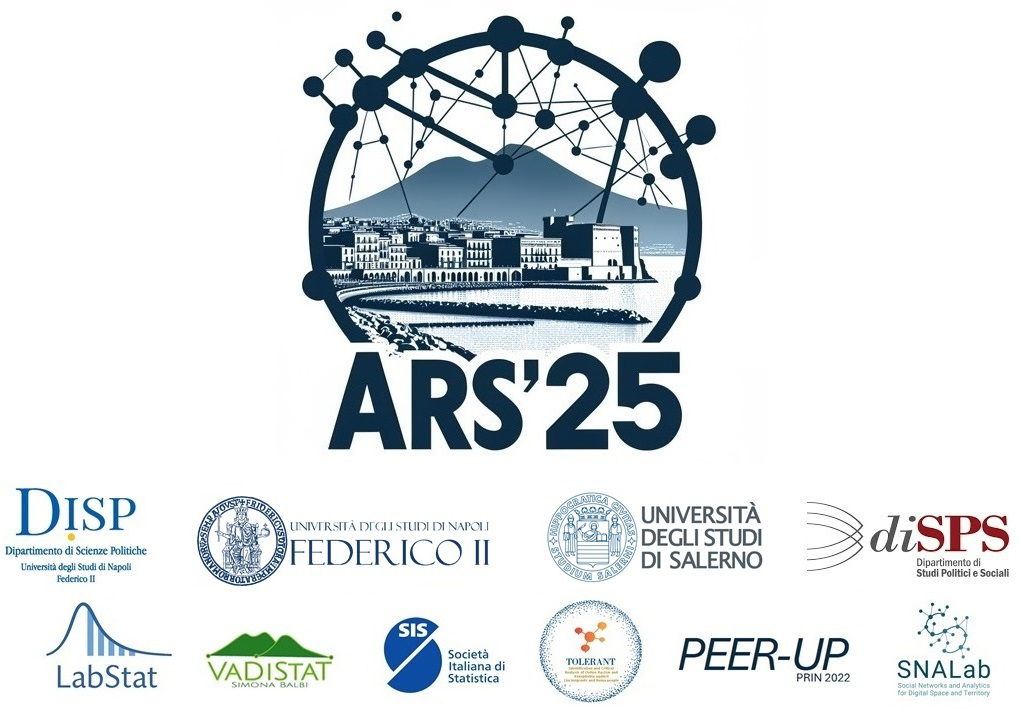Speaker
Description
Community interventions addressing violence against women often reflect a fragmented governance model, where collaboration among specialized (anti-violence centres) and generalist services (social service, hospital, police) remains weak. This fragmentation hinders the development of integrated multi-agency responses, limiting the capacity to mobilize social and institutional resources in support of women. This paper presents findings from a nationwide research project exploring how inter-organisational networks between public and private actors influence the design and implementation of local anti-violence policies. The study focuses on three Italian regions and adopts a mixed-method approach that integrates Social Network Analysis (SNA) with qualitative interviews and document analysis.SNA is employed both descriptively and analytically. At the descriptive level, sociometric techniques (ego-whole networks) are used to map formal and informal relations among organizations operating in the field of gender-based violence. At the analytical level, we apply centrality measures to nodes and the network, as well as density and embeddedness indicators (transitivity and reciprocity), to assess coordination patterns and network cohesion.
Results confirm the tendency to favour modes of intervention based on aggregation rather than on integration of objectives according to an intersectional and systemic logic. The network structure shows high levels of dyadic collaboration and a weakness of multilateral ties, typical of territorially organised “systems”, in the form of partnerships or protocols between several subjects. As confirmed by levels of transitivity, there is a marked polarization of the network around the nodes directly involved in taking charge of women and implementing interventions in the field.
This contribution demonstrates how SNA can support the analysis and strategic development of collaborative ecosystems in social policy domain. By identifying patterns of cooperation and disconnection, SNA offers a powerful toolkit for enhancing territorial governance and generating social capital in complex intervention fields, such as those relating to anti-violence policies.
Keywords/Topics
Social Network Analysis; inter-organisational networks; gender-based violence; community welfare; network governance; social capital; mixed-method research.

